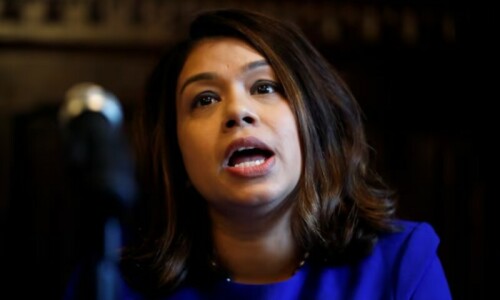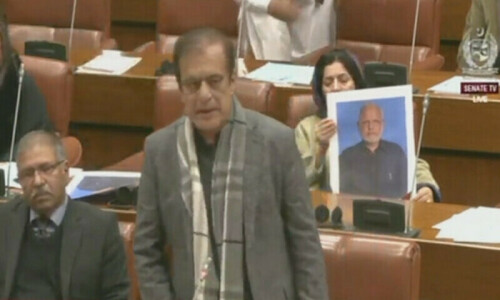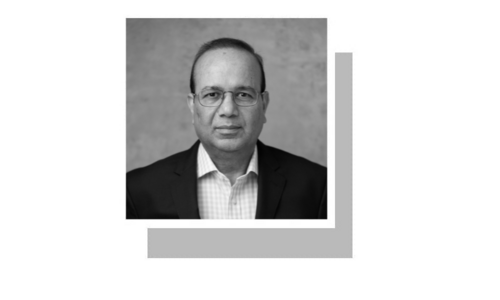ADDIS ABABA: UN Secretary-General Ban Ki-moon said on Tuesday the world was headed for a “generation free of AIDS”, after UNAIDS reported a 35 per cent decline in new HIV infections from 15 years ago.
The positive news was coupled with calls for more funding, with the objective of eliminating the virus by 2030. The United Nations also warned that continuing stigmatisation of sex workers, drug users and homosexuals was a barrier to progress.
“The world has delivered. We have achieved and exceeded the goals regarding AIDS. We have 15 million people on HIV treatment,” Mr Ban said in the Ethiopian capital Addis Ababa, where he was attending a global development summit.
“We are on the way to a generation free of AIDS,” he said. “The world has delivered on halting and reversing the AIDS epidemic. Now we must commit to ending the AIDS epidemic.”
According to the UNAIDS report released on Tuesday in Geneva, there have been remarkable strides since the advent in 1996 of anti-retroviral drugs, which suppress the human immunodeficiency virus (HIV).
Though not a cure, the therapy creates a virtuous circle. The less the virus is in circulation, the less likely it is that people become infected.
Although new HIV infections declined to two million in 2014 against 3.1m 14 years ago and the number of new infections has noticeably decreased or remained stagnant, UNAIDS warned spending had stagnated.
There are currently 36.9m people living with HIV around the world.
Around March this year, 15m of them were accessing anti-retroviral therapy.
“In 2011 world leaders called for reaching 15m people with life-saving HIV treatment by 2015. And that is exactly what the world did — ahead of schedule,” said UNAIDS chief Michel Sidibe in a report entitled “How AIDS changed everything”.
But the report said more needed to be done. “After a decade of unprecedented growth, financing for the AIDS response has levelled off. At the same time, the world now has compelling evidence that people with HIV benefit by accessing anti-retroviral therapy as early as possible,” it said.
UNAIDS said further increases and efficient reallocation were needed to address the “increased need of earlier initiation of anti-retroviral therapy” and called for AIDS spending of $32 billion annually between now and 2020 in the hope of eliminating the virus by 2030.
“Stigma, discrimination and punitive laws continue to affect the people most impacted by HIV and to block their access to HIV services in every region of the world,” the report said.
Published in Dawn ,July 15th, 2015
On a mobile phone? Get the Dawn Mobile App: Apple Store | Google Play













































